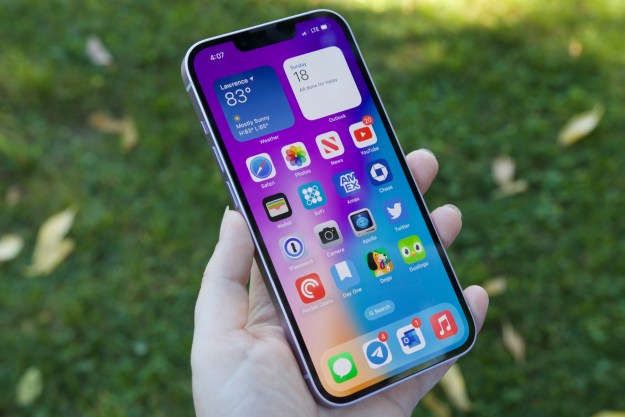
To enable these new fast deliveries, Apple is partnering with on-demand delivery company Postmates. The new service hasn’t yet been officially announced, but ordering certain items from the Apple Store app in the San Francisco Bay Area shows a delivery window of four hours.
Neither Apple nor Postmates has confirmed the new partnership, but sources close to the matter say that Postmates will indeed handle the delivery portion of these orders, TechCrunch reports.
While Postmates operates in several cities in the U.S., this same-day delivery currently only appears to be available in the Bay Area. Specifically, this lightning quick delivery option is only available from San Mateo to Santa Clara, so even those living in San Francisco proper aren’t able to make use of the new delivery option yet.
A glance at the Postmates website shows that the service is available in many major U.S. cities, so if this partnership moves forward it seems that same-day deliveries will be available nearly anywhere there is an Apple Store. The area covered by the new delivery option isn’t the only limited aspect. Only certain items — the Apple TV and Lightning cables being among them — are available using same-day delivery. Whether the items available will be expanded in the future remains unclear for the time being.
While four-hour delivery using the Apple Store app is new, customers have been able to do this through Postmates’ own app for some time now, even for products from the Apple Store.
If you’re in the Bay Area, you should be able to try out the new same-day delivery from the Apple Store app right now. Delivery prices vary based on the delivery location and distance from the Apple Store, but do not appear to be affected by the product ordered.
No information is available on when this new service might expand to other cities, but with WWDC right around the corner, we suspect we might hear more soon.
Editors' Recommendations
- Everything you need to know about the massive Apple App Store outage
- Apple’s new Lightning to USB-C adapter costs more than just buying a USB-C cable
- No, you can’t use an Apple gift card on Apple Pay
- The EU is preparing an App Store change that Apple won’t like
- Guess how much Apple has paid App Store developers — you won’t even be close

